To meet the Government’s energy transformation goal the UK requires a system-wide approach. We’ve commissioned FTI Consulting to put together a full energy systems model.
Designed to provide meaningful insights to inform the design of the future energy system, the team worked with regulators and policymakers to inform the assumptions and agree the scenarios to be tested.
The report found that a future energy system without an established hydrogen market would leave the UK at risk of huge swings in electricity generation from renewables with no way of addressing the shortfalls and the surplus.
By 2050, electricity generation from renewables could exceed total demand around 15% of the time. Electricity generation from renewables could also rise or fall by as much as 100GW over the course of a single day - making it incredibly difficult to balance the grid.
The report took a ‘whole-systems approach’ to explore a net zero future, reviewing all available and established methods for decarbonising the UK.
Our Key Findings
Hydrogen unlocks the full benefit of renewable electricity generation and minimises the electrical infrastructure required to deliver net zero.
Different types of hydrogen storage can work together to increase resilience & cost-efficiency.
The hydrogen backbone coupled with effectively located production will accelerate progress to net zero.
The report also explores the difference between a windy day and a low-wind day in 2050. On a windy day, areas like the north of England and Scotland will produce a lot of renewable energy which can be turned into hydrogen and transported across the UK or stored for the future. On a low-wind day, there is high demand for electricity and this hydrogen storage is deployed.
Slide to reveal the difference:
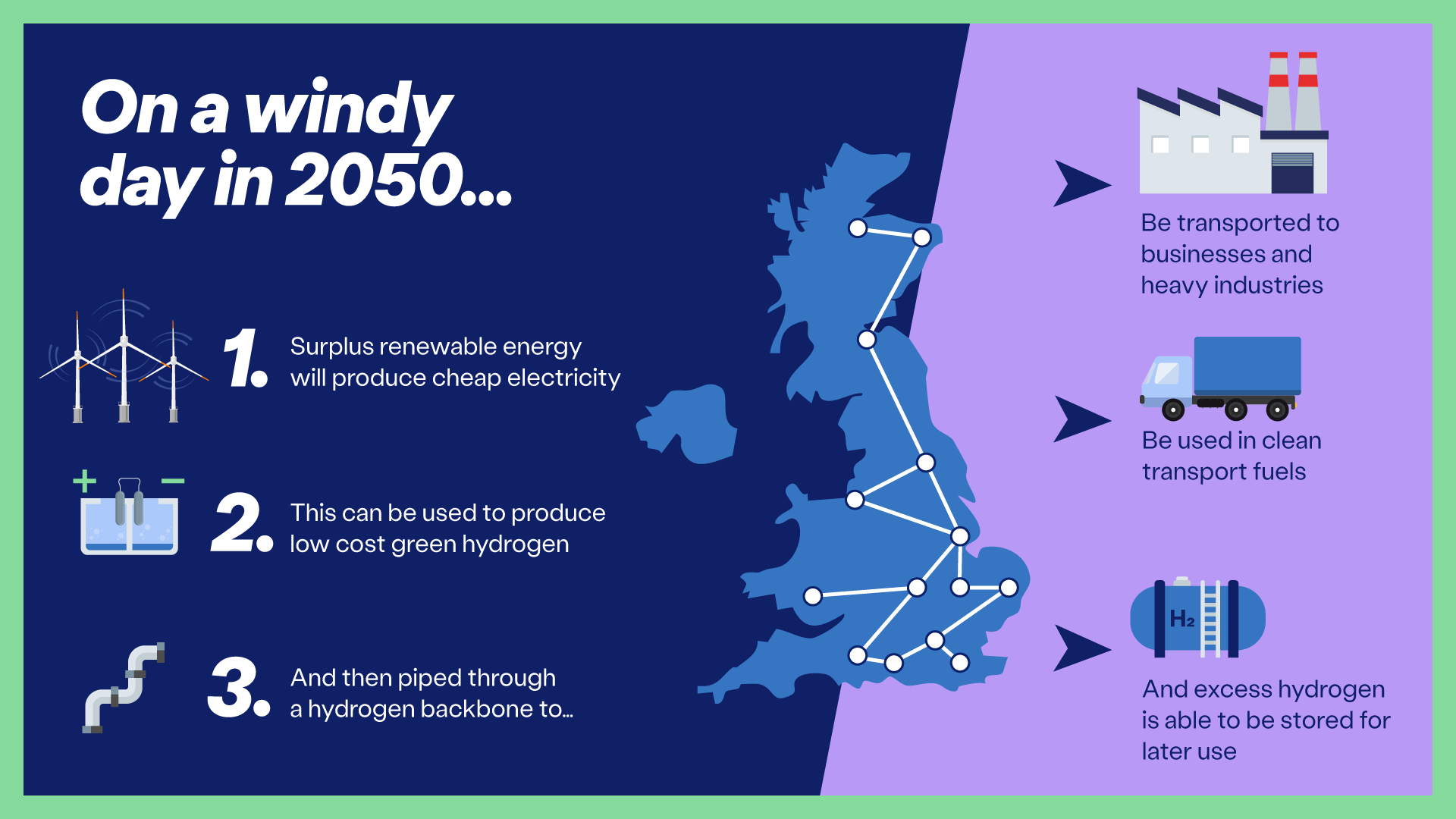
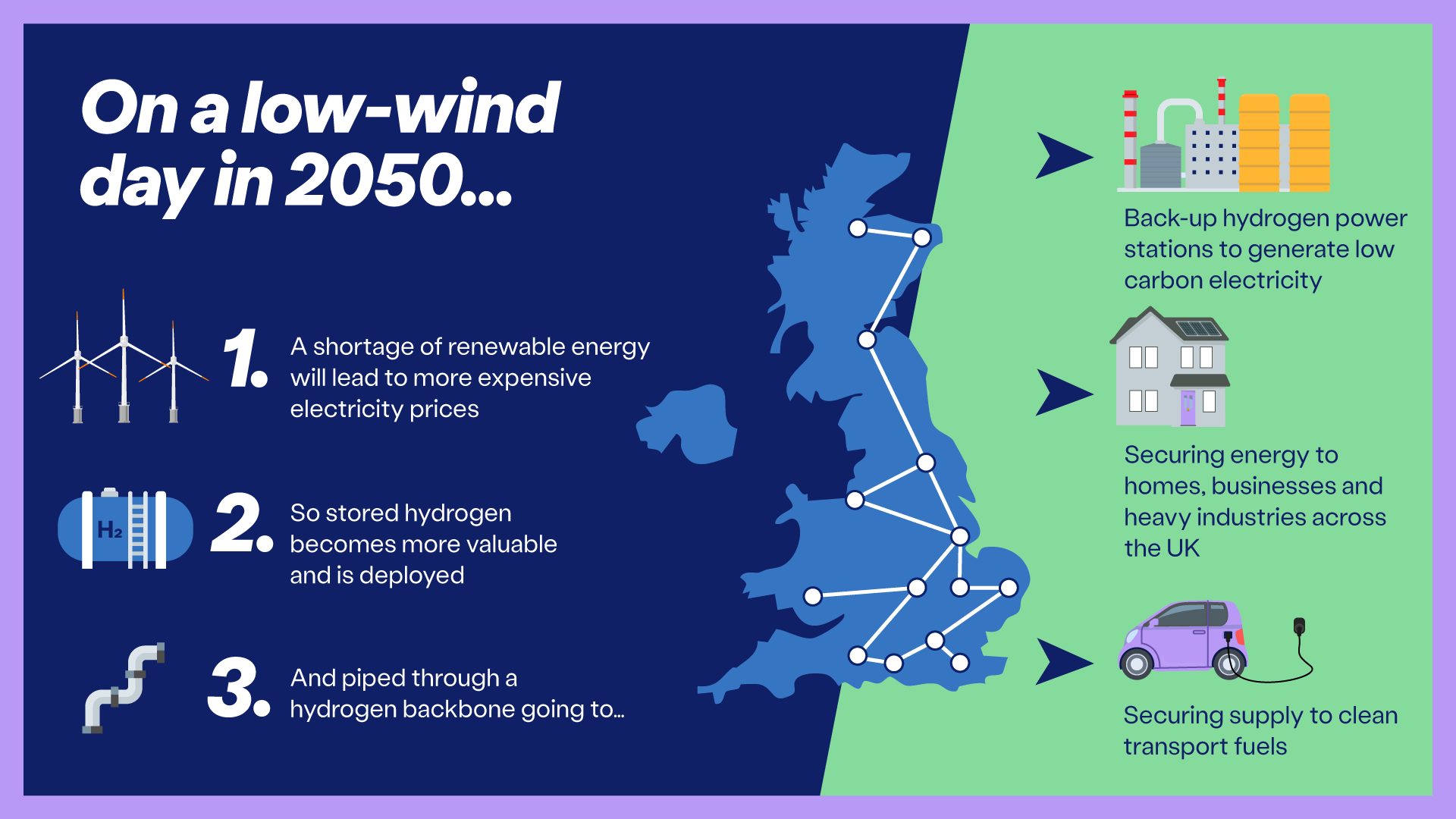
Whole systems thinking is crucial to the UK for several reasons:
- Energy Transition – The UK is committed to reducing its carbon emissions and transitioning towards more sustainable energy sources. Whole systems thinking allows for the integration of various energy sources, including both electrons and molecules, and technologies in a way that is efficient, sustainable, and responsive to changes in demand and supply.
- System Efficiency – This approach helps in optimising the entire energy system, reducing waste through integration of technologies such as renewable generation and demand response systems. These systems enable the balancing of supply and demand across the network, improving overall efficiency and lowering the system cost to consumers.
- Resilience and Security – Whole systems thinking is vital for enhancing the resilience of the energy system against disruptions. A comprehensive view helps identify vulnerabilities and interdependencies that may not be apparent when considering components in isolation.
The UK's energy policies and regulations are designed to encourage innovation and investment in cleaner energy technologies. A whole-systems approach ensures that policies consider all parts of the energy system leading to more coherent and effective investment framework.
Hydrogen | What we're doing to help kickstart the hydrogen economy
Latest stories

News
Centrica announces extension to the lives of four nuclear power stations
Net Zero
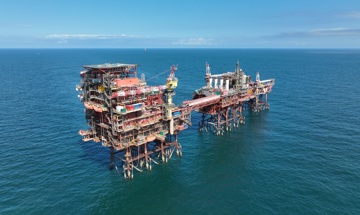
News
Rough responds to manage demand from early winter
Net Zero
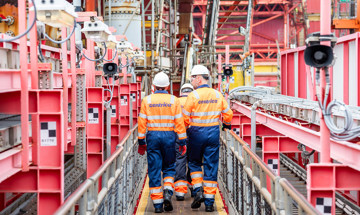
News
Large scale hydrogen storage sites could reduce customer energy costs by £1bn per year
Sustainability
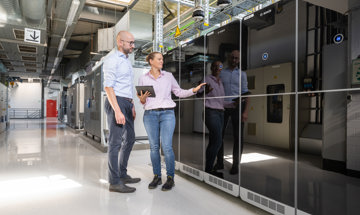
News
Centrica, Bosch and Ceres launch whitepaper around the role of hydrogen in decarbonising the UK
Sustainability
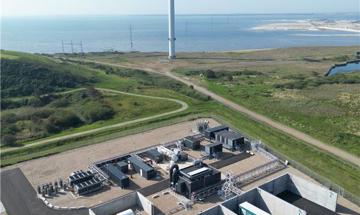
News
Enabling sustainable fuels – Centrica and European Energy sign agreement on Måde green hydrogen facility
Sustainability

News
Centrica completes work on 20MW hydrogen-ready peaker in Redditch
Hydrogen


